Sunday Reflections: The Trouble with “Clean”
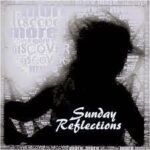 Every once in a while a conversation will start up on Twitter or the Yalsa-Bk list about “clean” books for teens, and I always bristle. Occasionally I tweet about it. Sometimes I see other tweet about it as well. But I stopped putting together “clean” book lists some time ago, and there’s a simple reason why: Clean means something different to everyone.
Every once in a while a conversation will start up on Twitter or the Yalsa-Bk list about “clean” books for teens, and I always bristle. Occasionally I tweet about it. Sometimes I see other tweet about it as well. But I stopped putting together “clean” book lists some time ago, and there’s a simple reason why: Clean means something different to everyone.
You see clean is a value statement, not a genre. And since it is a value, that’s harder to navigate. We know what elements make a book fantasy, or contemporary, or a mystery, but what makes something “clean”? That’s different for everyone. And if we label something as “clean”, that means everything else is “not clean”, which is a negative value statement. By giving something the label clean we are assigning judgments to actions, language, choices, interests, etc. That’s not our place at the library; I don’t get to decide for others what is clean or unclean any more than I can push my own personal political agenda.
ADVERTISEMENT
ADVERTISEMENT
And because it is a value statement, it’s an imprecise label. When I send my children in to clean their rooms, I am reminded every time that their idea of clean is much different then my idea of clean. I’ll even try to parse it out, “Is it your clean or is it mom clean?”, I’ll ask. But I find I get much better results if I give more specific instructions: Throw away all the trash in your room, make sure there are no clothes on your floor, put items back where they belong, and make your bed. By giving these more specific instructions I’m much more likely to end up with an end result that meets my actual definition of clean, not that of a 6-year-old who would rather be playing.
It’s Saturday as I type this. My 20th Teen Summer Reading Challenge has just kicked off and I just talked to the mother of a 15-year-old girl. She wants my help finding “clean” books for her teen. “That depends,” I say, “on what clean means to you.” I stopped assuming I know what a patron means by clean a long time ago. For her, clean meant not dark, no fantasy or magic, no going to an underworld. Or all of my favorite books to be honest.
For others it means no sex, drugs or drinking.
For some it means no kissing. Period.
So how, she wondered, can I find the right books for my child without reading them all first? It’s a good question. A question that every parent who wants to be more attentive to their child’s reading choices asks. And I support their right to ask it, even if I don’t always inwardly agree with the choices that they make.
Part of the answer is, of course, good reader’s advisory with an informed YA librarian. This means someone who reads YA literature, who reads YA literature reviews, and someone who knows what is happening in the world of YA. But it also means someone who knows how to do a good reference/reader’s advisory interview to really suss out what “clean” means to that individual. If we assume that by clean they mean “no sex” then we are doing our patrons a disservice. And even in doing really good reader’s advisory, I always end with the caveat that I think this might meet their criteria, but at the end of the day it’s still a value judgment and they should decide for themselves.
The other part of the answer is that parents must do their research. I have several talking points that I share with parents who ask me about selecting books for or with their teens.
1. Read the back cover, inside flap and CIP information on the title page. It will give you a general idea of what the book is about. In particular I show them how to use the subject headings in the CIP information.
2. Read the first few pages or chapter to get a general idea of tone – for those concerned with “darkness” – or language – for those that are concerned with cussing. Of course this only gives you a taste, anything can happen in the pages of a book, which is part of the glory of reading.
ADVERTISEMENT
ADVERTISEMENT
3. Do your research. There are several places you can go to get a wide variety of general reviews. Though you have to keep in mind that each reviewer has is different and subjects, situations or language that might stand out to you may not to reviewers. I remember once a patron complaining to me because one of the Harry Potter books had a cuss word in it. It apparently says damn, something that did not stand out to me when I read it.
4. At the end of the day, the only way to know for sure is to read the book and decide for yourself.
Many libraries have Inspirational Fiction sections – which are really Christian fiction sections, but that’s a discussion for another day – and feel that this helps to meet the need for “clean” fiction. But the truth is, not all parents who are worried about content do so because they are practitioners of the Christian faith, or any faith at all. Some parents, for example, are concerned that having their teenagers read about sex will put sexual thoughts in their heads. And while developmentally we know that all teens think about and wonder about sex as some point and that access to good sex education can help teens make informed choices, I have found that most parents aren’t going to be swayed by that information. And in the end, it’s my job to respect the person in front of me regardless of my personal opinion. Other parents are concerned about what they consider the unrelenting darkness of YA literature, and I’m more than happy to help them try and find “lighter” reading materials once we have had a good discussion to help establish what exactly it is they are looking for.
Since a library’s policy is that a parent is financially and intellectually responsible for their child’s use of the library, we have to allow parents to make those types of decisions for their teen readers, even if we ourselves feel that there is tremendous value to allowing teens to choose their reading materials freely. So when I say I don’t support the use of the term “clean” books, I’m not saying that I don’t support the right of individuals and parents to make the reading choices that are right for them. I’m saying I object to the label because it is laden with judgment – because a reading choice is not right for you it does not mean it is bad or wrong for someone else, it is not a matter of clean versus unclean – and because it is ineffective. If I put up a display labelled “clean” thinking that this book doesn’t contain sex but the patron picks it up and reads it and it doesn’t meet their definition of clean, not only have I not served them well, but now I have broken their trust in terms of reader’s advisory.
I don’t even necessarily know what the right answer is in terms of doing displays and book lists for our patrons with these specific needs, I just know that I want us to stop calling them “clean” books. That particular label seems to serves no one well.
Filed under: Sunday Reflections
About Karen Jensen, MLS
Karen Jensen has been a Teen Services Librarian for almost 30 years. She created TLT in 2011 and is the co-editor of The Whole Library Handbook: Teen Services with Heather Booth (ALA Editions, 2014).
ADVERTISEMENT
ADVERTISEMENT
SLJ Blog Network
2024 Books from Pura Belpré Winners
In Memorium: The Great Étienne Delessert Passes Away
Winnie-The-Pooh | Review
Parsing Religion in Public Schools
ADVERTISEMENT



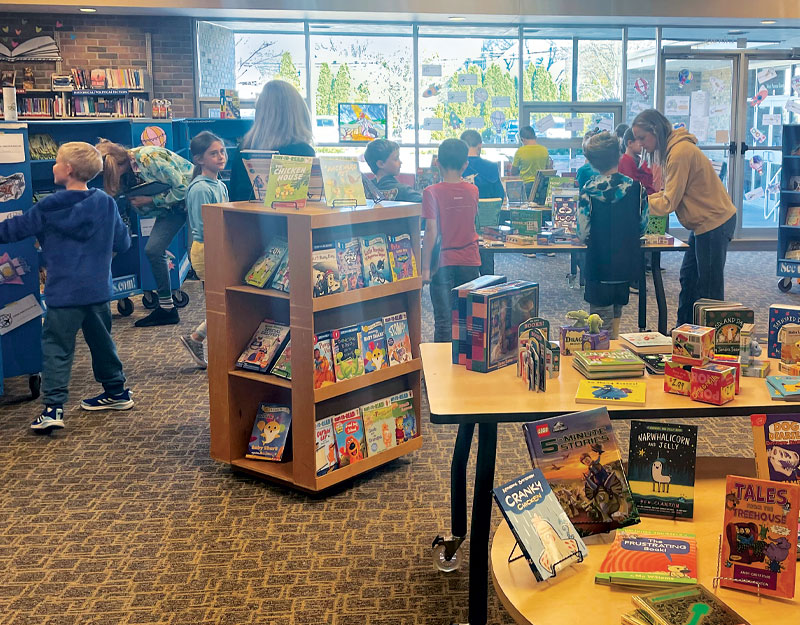
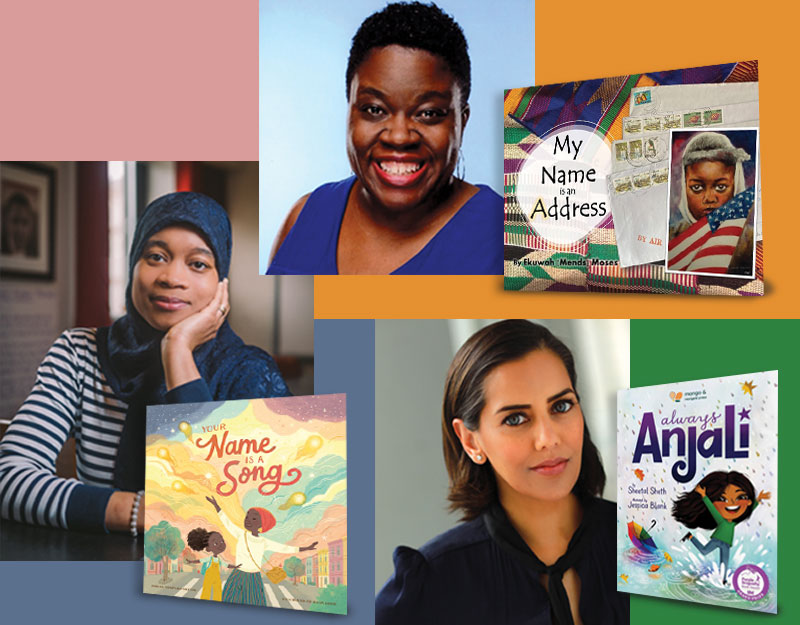
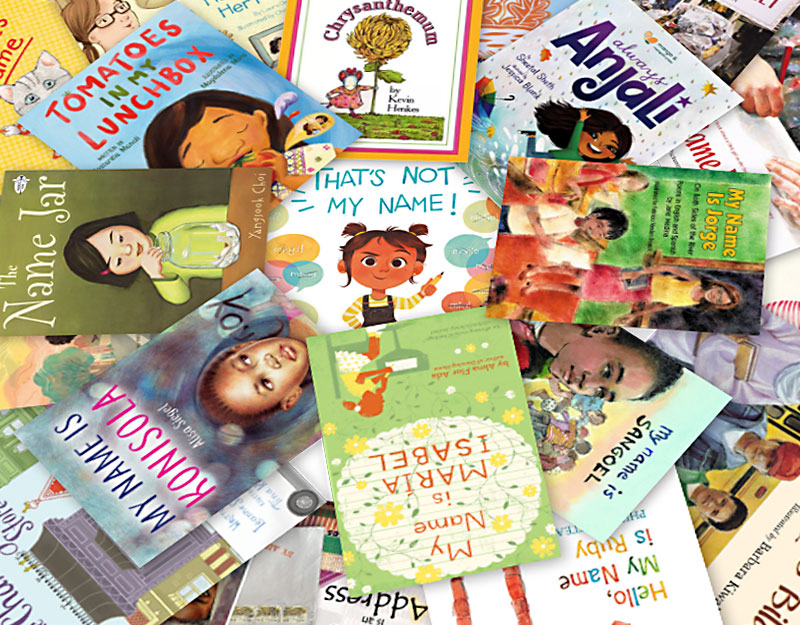
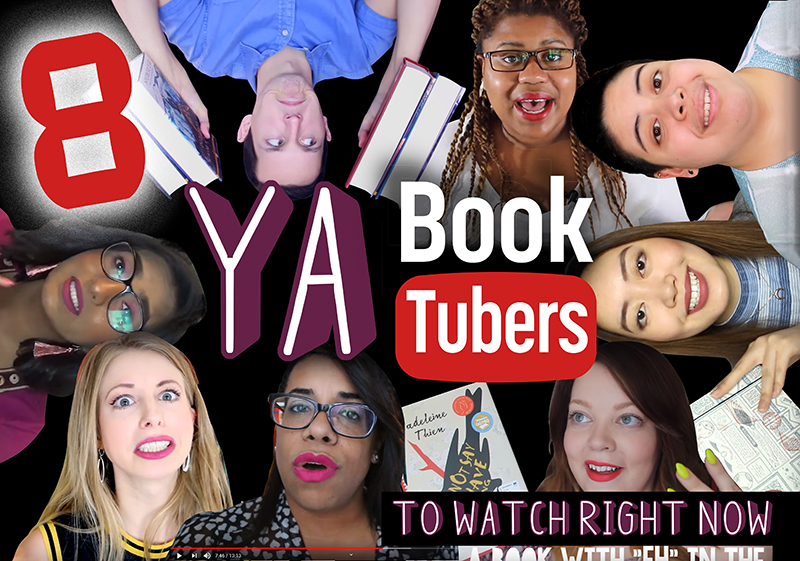
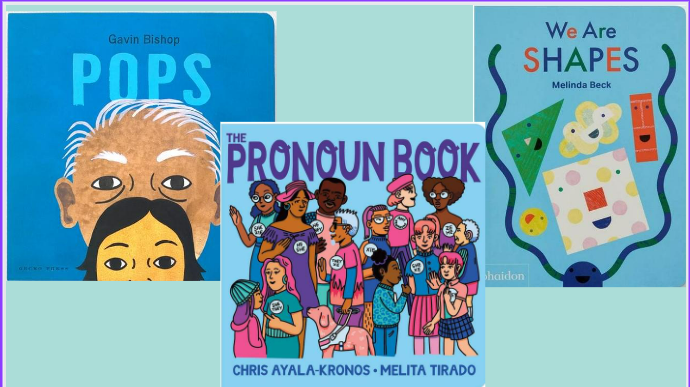
So many good points, Karen. I think it’s easy for us as readers to assume our definitions of things like “clean book” and “dark YA” sync up with other people’s. But as you mention, even something as seemingly straightforward as “I want a book with no swearing” can mean very different things to different readers. Thanks for being so thorough when you are helping parents choose books for their kids.
I love this post, Karen. Your patrons are lucky to have you. I’m always surprised by what my friends with teenagers consider “clean.” When moms ask me for recommendations (because they know I read a ton of YA), I always ask “what are your content requirements/limitations?” Almost always, I hear “No sex, no drugs. Violence is ok.” Backwards, right? But I don’t push. I just give them a few suggestions.
I’m not necessarily sure that there is an all-encompassing label for so-called “clean” books. As you said, what parents are seeking is highly subjective, just as when a patron walks into a library and asks for a “good” book.
Maybe vanilla? Less offensive, but then what exactly does vanilla exclude? Swearing? Sex? Kissing? It might be useful to create a non-offensive term and mark what potential issues may still remain in those books. Even then that’s hardly elegant and eats up a lot of time. It’s really just up to us to offer precise reader’s advisory and request that our patrons and fellow professionals be more specific when making requests.